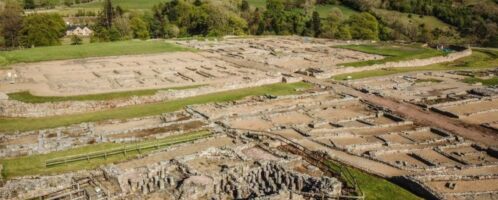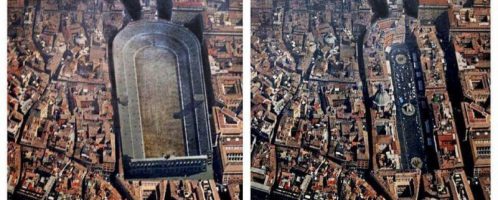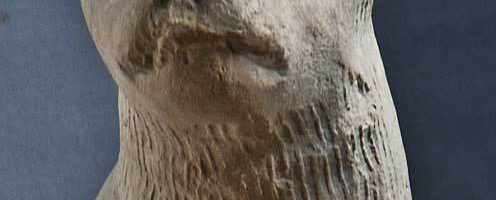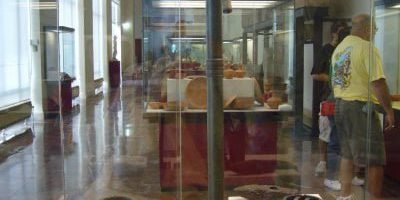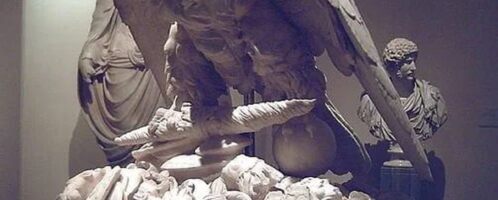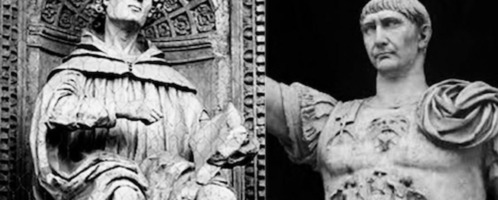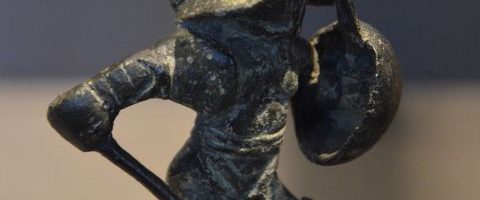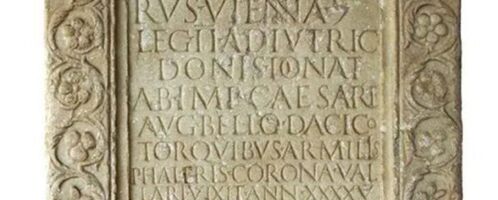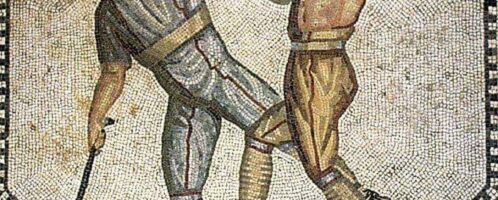If you have found a spelling error, please, notify us by selecting that text and pressing Ctrl+Enter.
Curiosities of ancient Rome
The world of ancient Romans abounded in a number of amazing curiosities and information. The source of knowledge about the life of the Romans are mainly works left to us by ancient writers or discoveries. The Romans left behind a lot of strange information and facts that are sometimes hard to believe.
Roman hydraulic pump
Roman hydraulic pump dated between 200 and 1 BCE.
Apotheosis of Claudius – wonderful Roman sculpture
The National Prado Museum in Madrid has a wonderful Roman marble sculpture in collection, which received the name “Apotheosis of Claudius”. In the upper part of the sculpture is beautifully shaped eagle, which is on the pile of weapons. The eagle holds lightning in one claw and an orb in the other.
Pliny the Younger and Christians
Pliny the Younger was a Roman politician and magistrate during the Roman Empire. The most important position he took was the office of governor (legatus Augusti) of the province of Bithynia et Pontus (current Turkey), in 110 CE, during the reign of Emperor Trajan.
Roman gold jewellery found in Serbia
Roman gold jewellery. Treasures, dated to the 2nd – 5th century CE, were found in northern Serbia.
Roman mosaic showing gladiators’ struggle
Roman mosaic showing the gladiators’ struggle, fighting with whip and club. The object was discovered in a Roman villa in Nennig (southwest Germany). An artefact is dated to the middle of the third century CE.

